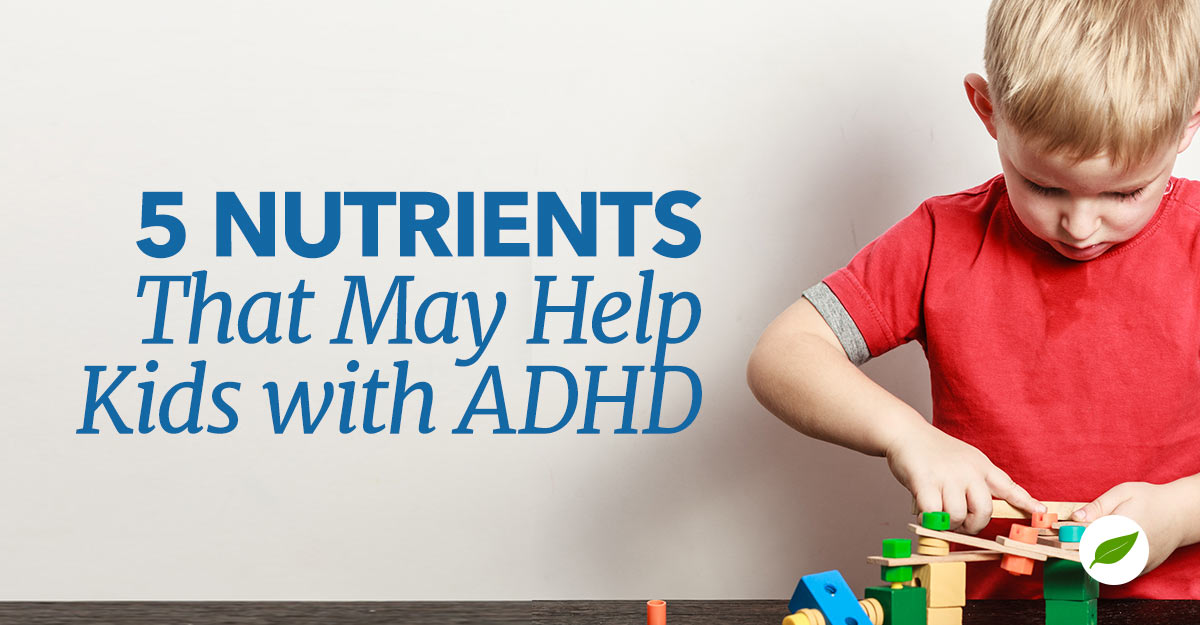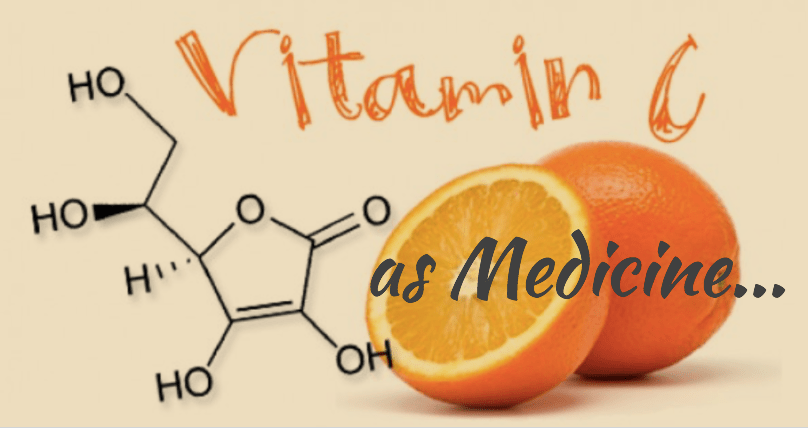
Medical practitioners and food nutritionists always stress the need for people to eat balanced diet – meals complete with all the essential needs of the body. And this is more important for those suffering from ADHD, especially children. Most food items people overlook, in favor of fast-foods and confectionaries, are rich in components that serve as natural supplements for ADHD in children and adults as well. For people with ADHD, it is crucial that, in addition to regular exercise, they focus on eating only foods with these essential vitamins and minerals.
It is common knowledge that there is no cure for ADHD, all prescribed drugs and supplements are only used to manage the symptoms. Therefore, consult a doctor for expert advice if external supplements would be required to support nutritional intake of these essential vitamins and minerals. Indiscriminate use of supplements can be detrimental to one’s health.
Each vitamin and mineral mentioned in this article has been extensively studied in several researches with regards to ADHD. They are generally considered safe but should not be taken without professional guidance. Here are five of the most essential vitamins and minerals for managing ADHD:
Vitamin B
The B vitamins, commonly designated as the B-complex, are very important in the treatment of ADHD. Of the 8 vitamin Bs, two are particularly vital – Vitamin B6 called pyridoxine and vitamin B12 called cobalamin. Vitamin B6 plays a vital role in the production of serotonin, a neurotransmitter. While vitamin B12 help in the generation of neurons and the protective sheath around the neuron called myelin sheath. Lack of these vitamins can lead to tiredness and petulance in children and adults.
Common food sources of these vitamins include potatoes, spinach, seafood, banana, and salmons. Eating meals containing vitamin B improves alertness, and decreases irritability.
Vitamin C

Vitamin C, or ascorbic acid, is a key ingredient in the production of very important neurotransmitters such as norepinephrine and dopamine. Lack of adequate quantity of dopamine causes poor muscle coordination and slow movements. Insufficient production of norepinephrine causes hypotension, and depression. A study in 2006 showed how vitamin C helps with ADHD symptoms. This study is published here: https://www.ncbi.nlm.nih.gov/pubmed/16314082.
Common food sources of vitamin C include guava, oranges (citruses, generally), kale, red peppers, cantaloupe, paw-paw, and broccoli. improved levels of norepinephrine increase reaction time, arousal, and alertness.
Vitamin D
Many children who are diagnosed with Attention Deficient Hyperactivity Disorder are deficient in vitamin D. This vitamin is not just needed for building healthy bones, it is also important for the proper functioning of the brain, immune system, liver, and heart. Every tissue in the body has a vitamin D receptor which is an indication of how important it is.
Sources of vitamin D that can be found easily include sunlight, yoghurt, milk, liver, soft bones, egg yolk, cheese, sardines, and mackerel. Vitamin is needed for the synthesis of Acetylcholine which is vital for maintaining concentration and focus. It is involved in the growth of neurons for memory retentiveness. It is also key in the secretion of serotonin which reduces depression. Read more about the link between vitamin D and ADHD here.
Iron
Low ferritin levels have been shown to occur naturally in individuals with ADHD, especially children. Studies have shown that ADHD symptoms would improve if Iron supplements are administered. Deficiency in iron causes hyperactivity, inattentiveness, and impulsiveness.
The following are common food sources of iron: leafy green vegetables like spinach, turkey, mollusks, liver, red meat, and sardines. Caution should be applied when using supplements to replenish iron in the body as excessive iron intake of iron can block the absorption of copper, zinc, and manganese.
Magnesium
Magnesium is a vital component in more than 300 enzymatic reactions. It is also a significant factor in the production of neurotransmitters that govern hyperactivity, emotions (anxiety), and attention. It works very well with pyridoxine (vitamin B6).
Common food sources for magnesium include nuts, avocadoes, beans, oysters, mackerels, banana, and green leafy vegetables. Other non-nutritional sources include Epsom salt (in bath water), magnesium oils sprays, and magnesium citrates.
Food sources are usually the best way to get any of these 5 essential vitamins and minerals in terms of safety and ease of procurement. The use of artificial means to acquire any of these vitamins is good but should only be used under the supervision of a medical practitioner. Some of these vitamins when taken in excess can interfere with the uptake of ADHD prescription drugs. It is important to check the body’s level of these components before supplements are administered.
If you want to learn more about our blog, please click here.
Leave a Reply